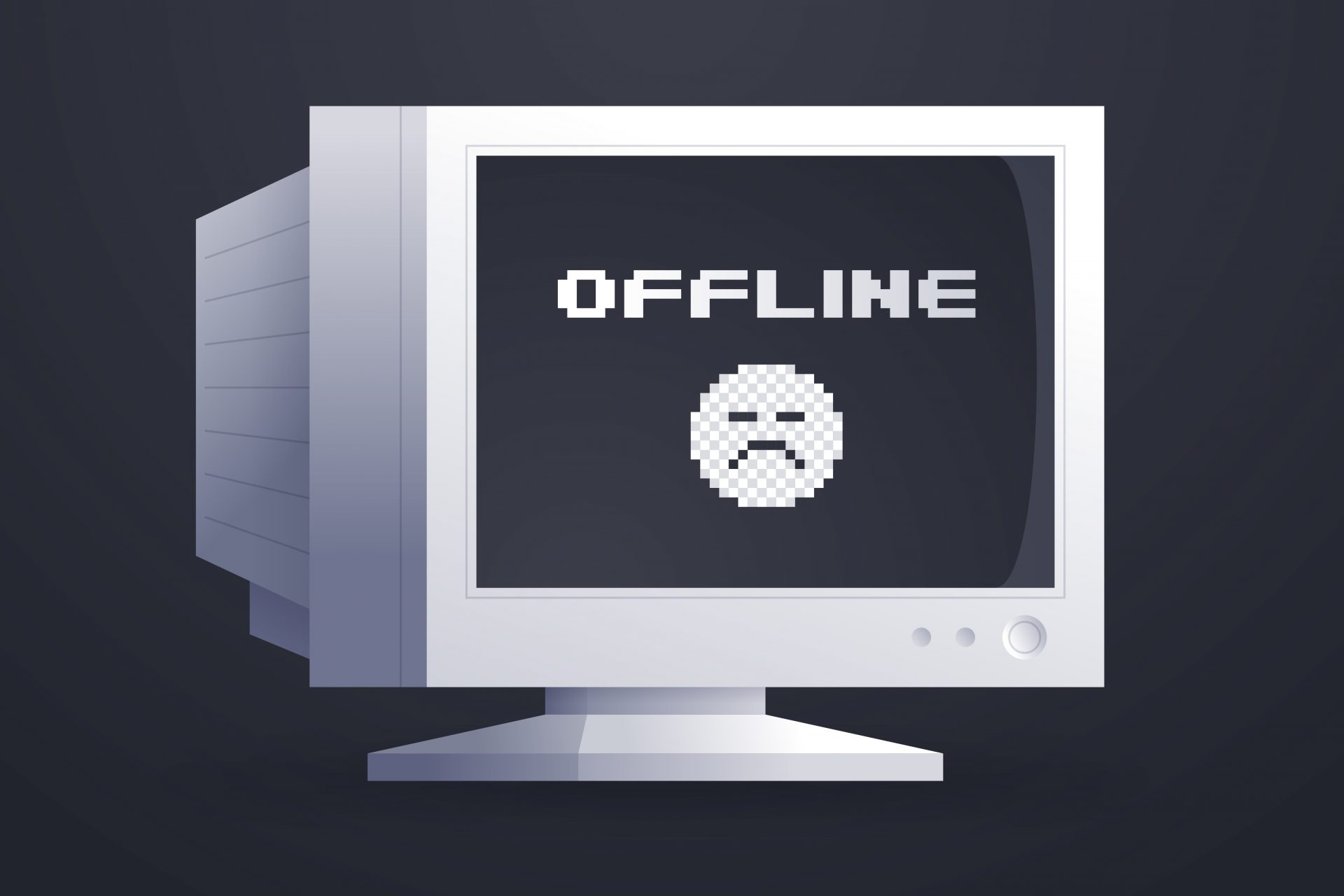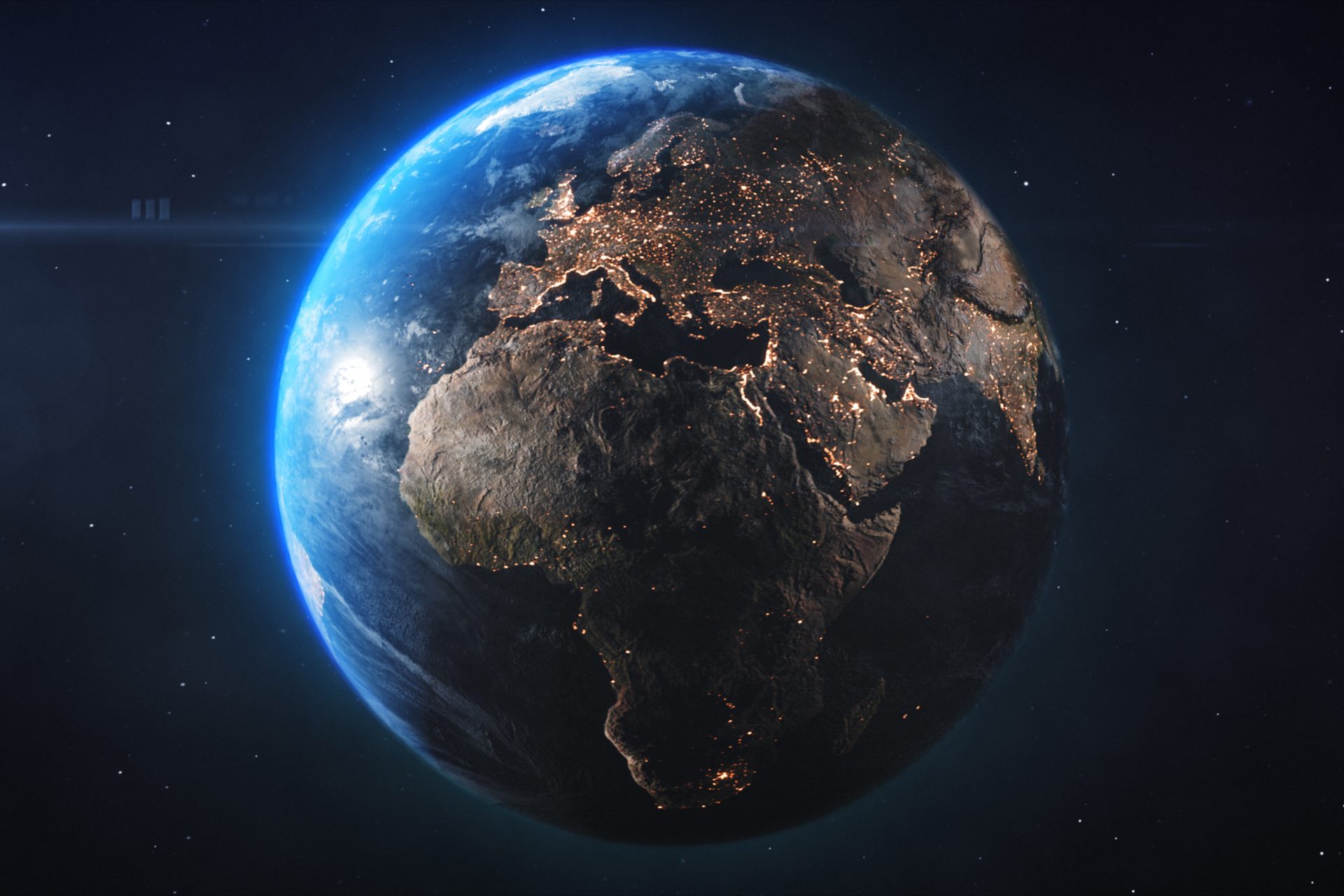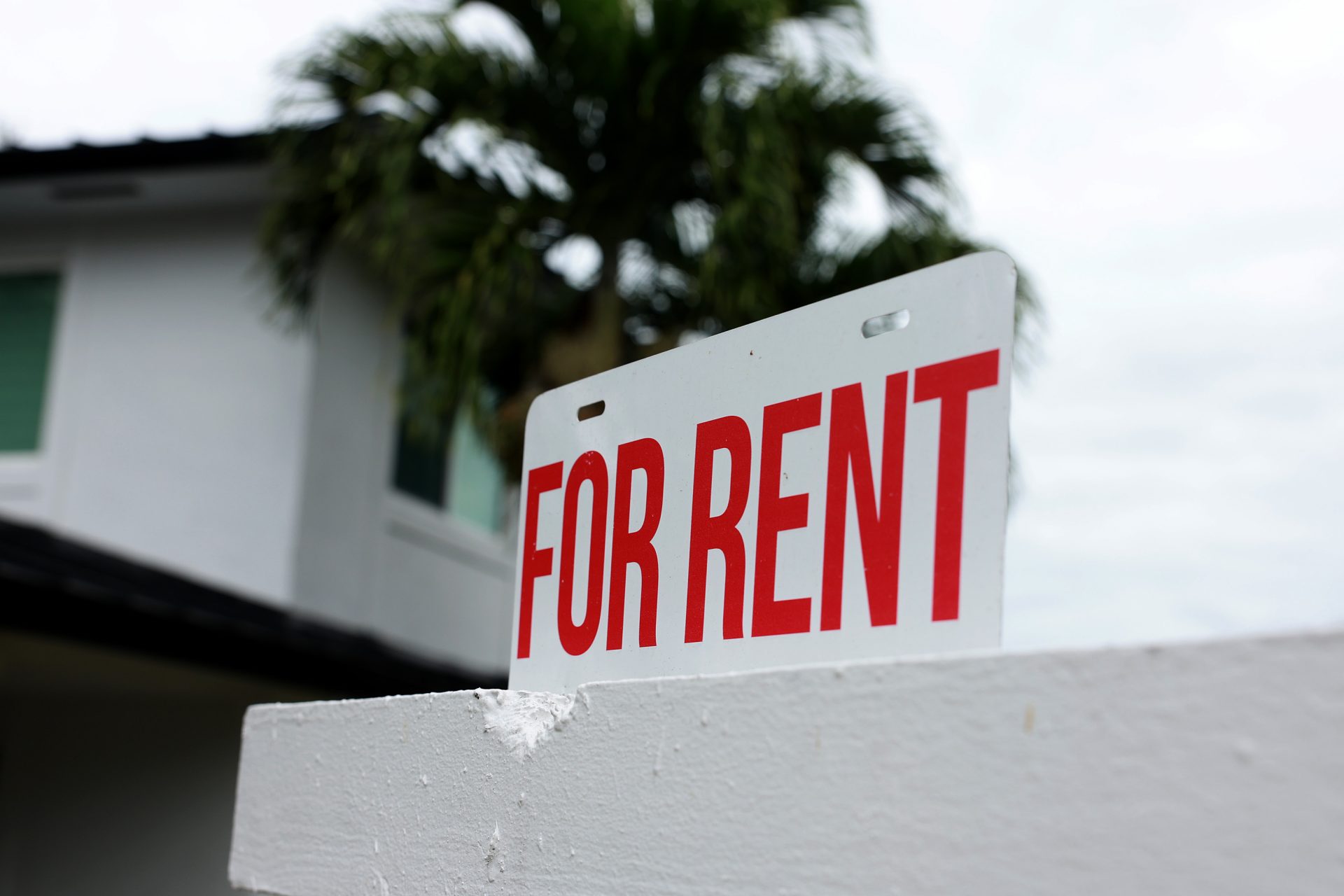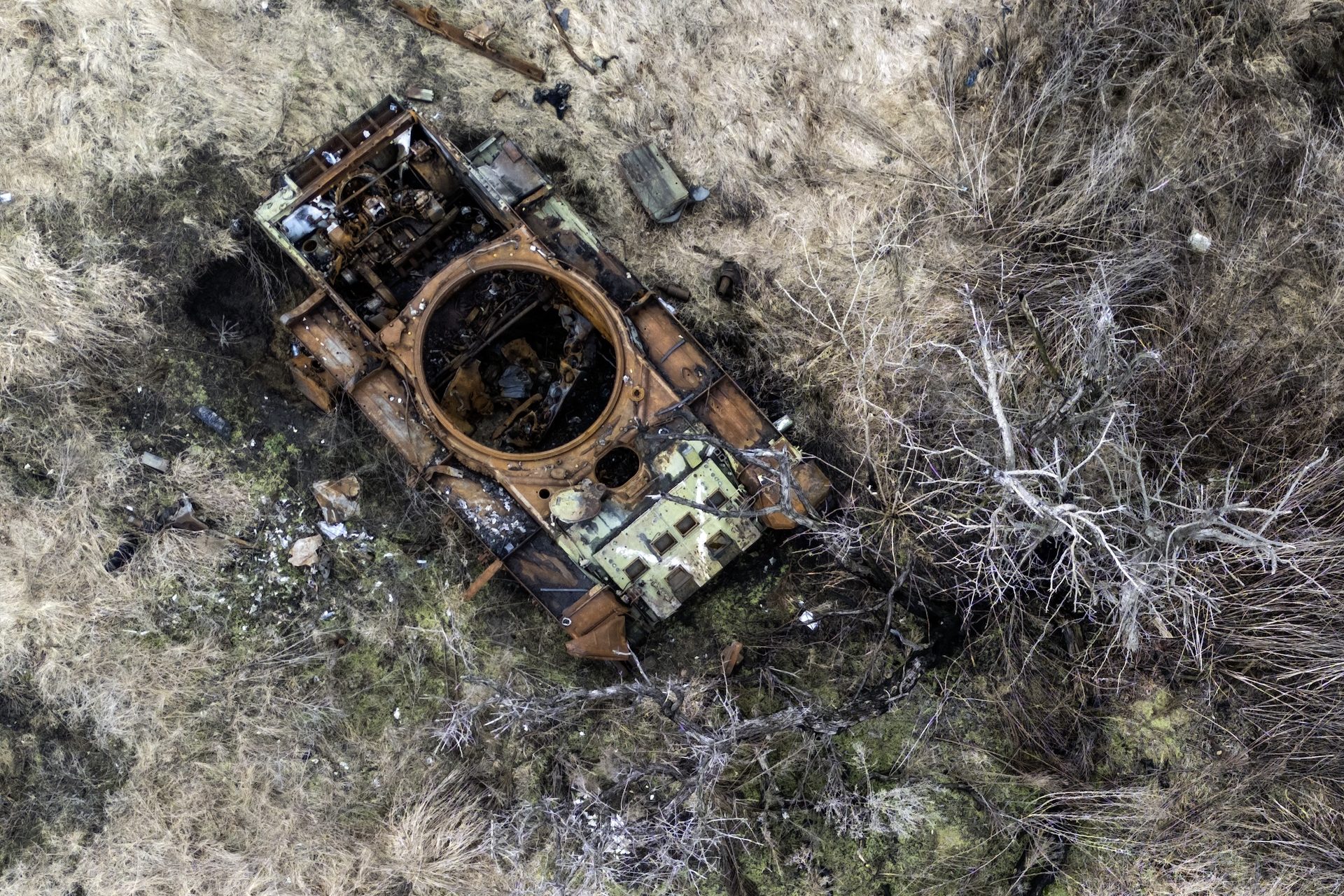Would a world without the internet lead to catastrophe?
The very first scenario that pops into our minds when someone talks about life without internet is something akin to an apocalypse. A disturbing silence encroaching the globe.
The presence of the internet in our lives is such that its absence would seem devastating. Let’s see what that world would look like.
(Image: Headway / Unsplash)
A virtually endless amount of data would be lost forever. Nowadays pretty much all the information around the world is stored in online servers, from bank account numbers to unimportant text messages to sensitive documents belonging to governments and companies. The images of our lives could be gone in a second, like a sudden memory loss for all of humanity.
(Image: Markus Spiske / Unsplash)
More than 4,6 billion people around the globe are connected to the internet, according to 2021 estimations. That's almost 60% of the world population.
(Image: NASA)
It's hard to guess what the economic impact of a full internet blackout would be like. The web is a central component for most economic activities. A farmer could continue to work on their fields but any office job would be impossible.
(Image: Sharon Mccutcheon / Unsplash)
Traveling would be unthinkable. From the data that airlines need to function, to documentation that can't be verified without a computer logged into the system: the internet is incredibly important for international travel. Screening newcomers into a country would be impossible.
(Image: Kevin Woblick / Unsplash)
Some experts agree that society could hold up an internet outage for 48 hours, but after that anarchy would take over.
(Image: Agê Barros / Unsplash)
The disappearance of certain means of communication (good-bye, WhatsApp!) would bring the return of landline phones and even dusted-off gizmos from the stone age like the fax machine. If you're a millennial or a zoomer, you probably don't know what we're talking about.
Spanish writer Esther Paniagua theorizes about an internet blackout in her book 'Error 404.' She writes that it could change how we sense reality. We would begin to look into the world directly instead of using social media or web search browsers. As the constant noise of Facebook, Instagram and Twitter suddenly cease we would encounter a new reality. Or at the very least, we would turn on the TV.
The internet is run by private corporations. Tech companies manage the servers, browsers and everything else that makes up that universe. Governments can't do much to restore digital normality.
A clear consequence of an internet blackout would be e-commerce grinding to a halt. This would deeply affect the economy of developed countries. Amazon would starve to death and the mom-and-pop store would have a comeback.
(Image: Christian Wiediger / Unsplash)
Uber Eats and other online home delivery services would be limited to requests by phone.
(Image: Robert Anasch / Unsplash)
An internet outage is not entirely out of the question. The rumour that the internet might collapse became widespread in many countries during the pandemic. The reason was a sudden surge of online activity during the lockdown. Such thing didn't happen, of course.
(Image: Markus Spiske / Unsplash)
The principal threat for the internet would be a massive hacking attack, but the idea of hackers targeting all the servers and systems of the planet at the same time sounds hard to believe. Some scientists posit another danger: solar storms that could cause an internet outage as a result of disturbances on Earth's magnetic fields.
Researchers from the University of California, among others, sustain the theory that "an ejection of the coronal mass of the sun would cause a radiation wave that would leave KO to the GPS network but that could also wreak havoc on the large submarine cables that are a fundamental part of the internet skeleton."
A full internet blackout sounds like dystopian science fiction. However, we used to say the same thing about a global pandemic forcing all of humanity to quarantine for weeks, and that happened.
The Internet being gone would affect us as a species that is already accustomed to the never-ending stream of information. In his latest novel 'The Silence,' American writer Don DeLillo imagines a communications blackout and describes a New York City landscape where crowds roam the streets going nowhere, looking for answers, moved by pack mentality but also finding mutual protection.
(Image: Zac Ong / Unsplash)
The physical postal service would find meaning again in a world without the internet. We would pen letters again, which can be seen as romantic.
(Image: Daria Volkova / Unsplash)
Most studies about the possibility of a full internet outage conclude that major companies have enough resources to avoid a massive web collapse. Any issue can get solved within the 48-hours limit. Whatever happens, the world will continue turning, with our without the internet.
More for you
Top Stories
































